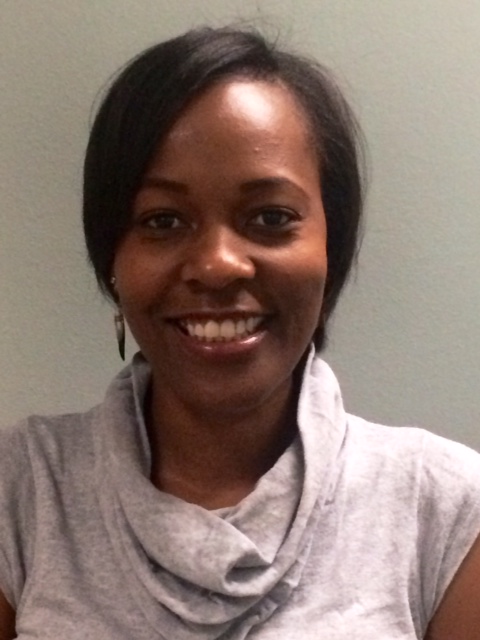We know love by this, that he laid down his life for us—and we ought to lay down our lives for one another. How does God’s love abide in anyone who has the world’s goods and sees a brother or sister[a] in need and yet refuses help?
1 John 3:16-17 (NRSV)
 The words “Our Dream is a World Free of Poverty” are enshrined on the walls of the World Bank building in Washington, D.C. Although I had seen them before, the meaning and symbolism of this phrase never truly struck me until a few weeks ago when I attended a meeting there. The slogan represents the overarching mission of the World Bank – the largest multilateral institution tasked with the job of ending extreme poverty globally.
The words “Our Dream is a World Free of Poverty” are enshrined on the walls of the World Bank building in Washington, D.C. Although I had seen them before, the meaning and symbolism of this phrase never truly struck me until a few weeks ago when I attended a meeting there. The slogan represents the overarching mission of the World Bank – the largest multilateral institution tasked with the job of ending extreme poverty globally.
The World Bank reports that in the past 20 years, extreme levels of poverty in developing countries have been reduced tremendously. Between the years 1990 and 2010, 700 million people were lifted out of extreme poverty, living on $1.25 per day. Investments by governments, the private sector, churches like ours and other non-governmental organizations have contributed to this progress.
Though this progress is reassuring, approximately 1 billion people continue to live in extreme poverty. For them, having access to basic necessities is a constant challenge – many are forced to make impossibly difficult choices every day. Because of these challenges, people living in extreme poverty are often denied the basic freedoms and human dignity that many of us enjoy.
Dreaming of a world free of poverty
What might a world “free of poverty” look like? I encourage you to allow yourself to imagine that world.
For me, a world without poverty is one where all of us, no matter where we live, have adequate nutritious food to eat daily. It means each of us has access to health care and education. A world free of poverty means homelessness and slum dwelling are a thing of the past.
Indeed, a more peaceful world it would be.
Reflecting on our response to global poverty
The Lenten season is a good time to reflect on our individual and collective response to global poverty. For us living here in the land of plenty, it can be easy to isolate our lives from the lives of those whose daily survival depends on the support of others. The stark contradiction between these two worlds can be confounding. On one hand, we live in a society overrun by too many choices and insatiable keenness for material possession. On the other hand, 1 billion of us struggle to fulfill our very basic needs (food, shelter, water). How do we reconcile these realities?
Scripture is filled with many stories of Jesus caring for the poor and oppressed. At the outset of his ministry, Jesus repeatedly reaches out to people at the bottom of social stratification. As followers of Christ, we are commanded to do the same for the marginalized among us.
As I reflect on the gift of life given to us as a result of Jesus’ death and resurrection, I am heartened that our church remains very active in the fight against extreme poverty. Many lives have been renewed because of this life-giving ministry. While we rejoice over the fact that 700 million people are no longer living in conditions of extreme poverty, let’s be reminded of the immense challenge ahead. Ending extreme poverty requires us to multiply our collective efforts. In addition to donating financial resources, I encourage you to join other Lutheran advocates who are working together to fight systems that perpetuate poverty.
I end my reflection today with an offer of a familiar prayer:
“Gracious God, loving all your family with a mother’s tender care: As you sent the angel to feed Elijah with heavenly bread, assist us in this ministry on which we are sent forth. In your love and care, nourish and strengthen those to whom we bring this sacrament, that through the body and blood of your Son we may know the comfort of your abiding presence.”Evangelical Lutheran Worship, Leaders Edition Pg. 140
